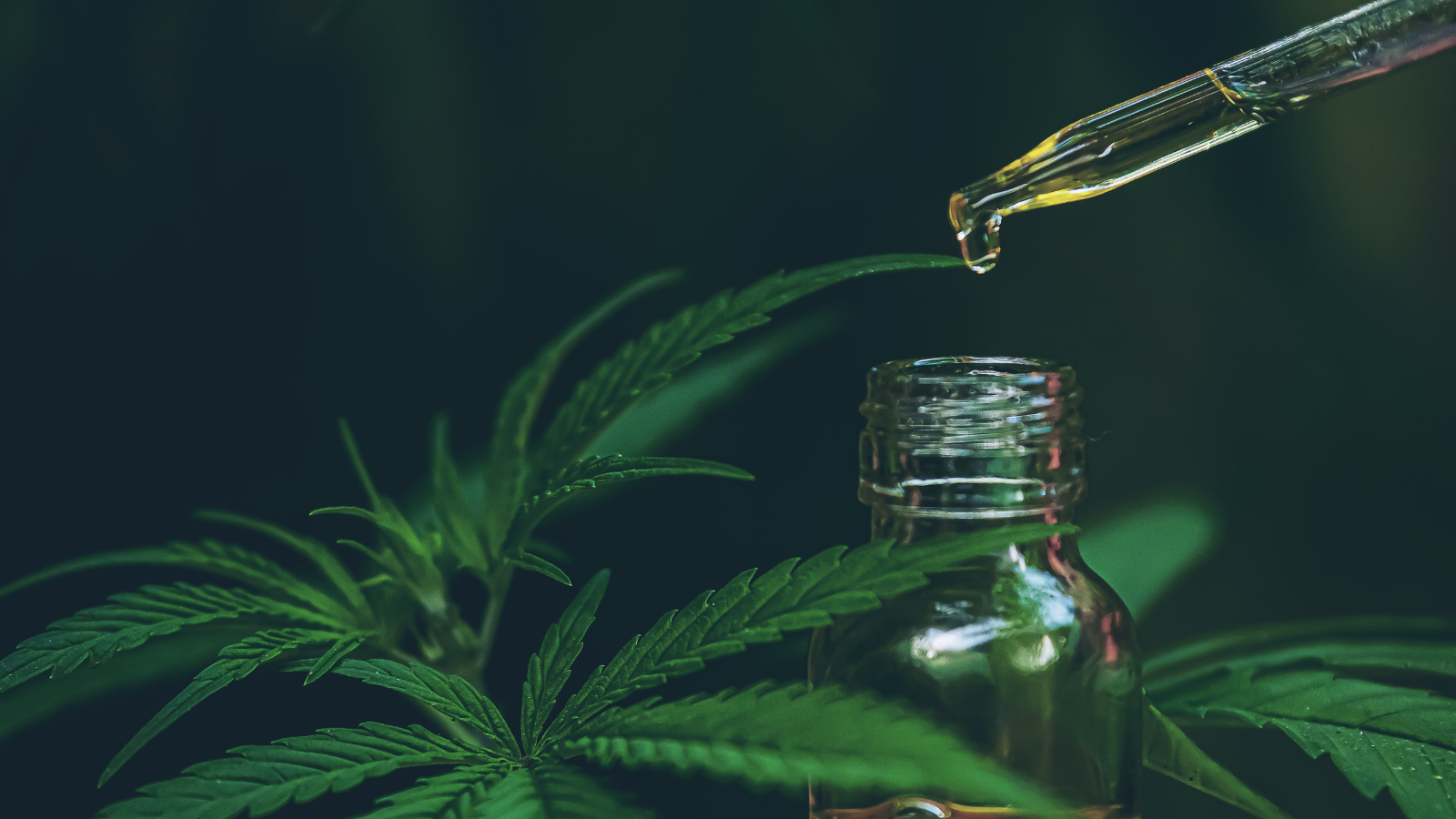Is CBD Toxic to the Liver?
BY MICHELLE WEINER, DO, MPH, AND DOMENICK NICHOLAS MAGLIONE
In recent years, the use of cannabidiol (CBD) as medicine has risen at astronomical rates, providing medical patients with a more traditional approach to treating various health complications. In contrast to the progression of CBD use nationwide, there have been many concerns regarding CBD's toxicity to the human liver. In an effort to mitigate public health risks brought upon by an increase in CBD use coupled with resulting potential liver toxicity, many research studies have been conducted to identify whether CBD is a safe alternative form of medication.
Unfortunately, a great deal of these studies have failed to conduct reliable research due to many protocol, experimental, and conclusive flaws. In April 2019, a study titled "Hepatoxicity of a Cannabidiol-Rich Cannabis Extract in the Mouse Model" was published in Molecules journal despite the numerous study flaws. In this study, extremely high doses of isolated Cannabidiol (CBD) extract were administered to six individual mice. The administered dose of CBD given to a small organism such as a mouse was notably high, more than 100 times the dose of Epidiolex, a CBD schedule 5 pharmaceutical indicated for infantile seizure disorders in children. CBD was administered as an isolate (contributing to heightened potency) and formulated with hexane, a Neurotoxin. The study reported that 75% of the mice had died (this would suggest that 4.5 of the six mice had died). This study had generated much attention from the media, resulting in a distribution of flawed science especially related to liver toxicity.
In addition to flawed publications, the current state of CBD use and administration is illogical and elementary. For instance, CBD is typically never dosed based on distinct properties such as genetics, meaning patients could be receiving far beyond a reasonable dose. This then poses yet another issue; CBD is inaccessible for many patients due to its cost. Some patients may be paying hundreds of dollars for a 1000mg CBD product like a tincture, when in reality, an ideal dosing system could reveal that those same patients may need less for sufficient treatment, therefore making CBD medication more affordable. Expensive CBD products may also be pushing patients away and more towards unregulated products, which poses the risk of E-cigarette or Vaping Use Associated Lung Injury depending on the route of CBD administration, product source and third-party lab testing.
It is important to acknowledge that CBD does provide health benefits to the human body. As misinformation begins to spread, the use of CBD for various health advantages will inevitably diminish out of fear for liver toxicity. The endocannabinoid system (ECS) is found in all mammals and consists of receptors (CB1 and CB2) endogenous cannabinoids, and enzymes that facilitate their production or break them down. The ECS is responsible for regulating many of our homeostatic control processes.
When the liver gets damaged, inflamed, or dysfunctional, the body starts to release more endocannabinoids to solve the problem. A healthy liver is correlated with a modest activity of the endocannabinoid system. In fact, this particular organ has a relatively low concentration of the ECS components. However, inflammation in the liver causes endocannabinoids to be very active in this area.
Unfortunately, an overactive endocannabinoid system plays a role in the development of fatty liver disease (1). CBD modulates the CB1 and CB2 receptors by stopping particular compounds that make these receptors disrupt the liver. CBD ensures the proper functioning of a system that balances us. So while it won’t cure fatty liver disease, it can prevent its development. And should disease occur, it may be able to decrease inflammation to in the organ, protecting it against further damage.
Furthermore, CBD users are being presented with unreliable information, potentially causing some patients to turn to more conventional medication such as opioids. The untrustworthy nature of many CBD-related studies is tampering with lives, public health, the economy, business owners, the entire hemp industry, and so on.
The spread of misinformation regarding CBD use is critically hazardous for two primary reasons; CBD users will be deterred by unreliable publications which express potential toxicity at abnormal doses, and the hemp industry will be shattered by a devastating drop in CBD use.
Nevertheless, in order to combat such damaging circumstances, more research must be conducted to determine a more practical dosing system (potentially basing dosage on weight, height, gender, genetics, etc.) and at which dose CBD may pose a threat towards liver toxicity.
Dr. Michelle Weiner, Spine and Wellness Centers of America, can be reached at (305) 974-5533 or mweiner@spinewellnessamerica.com.

